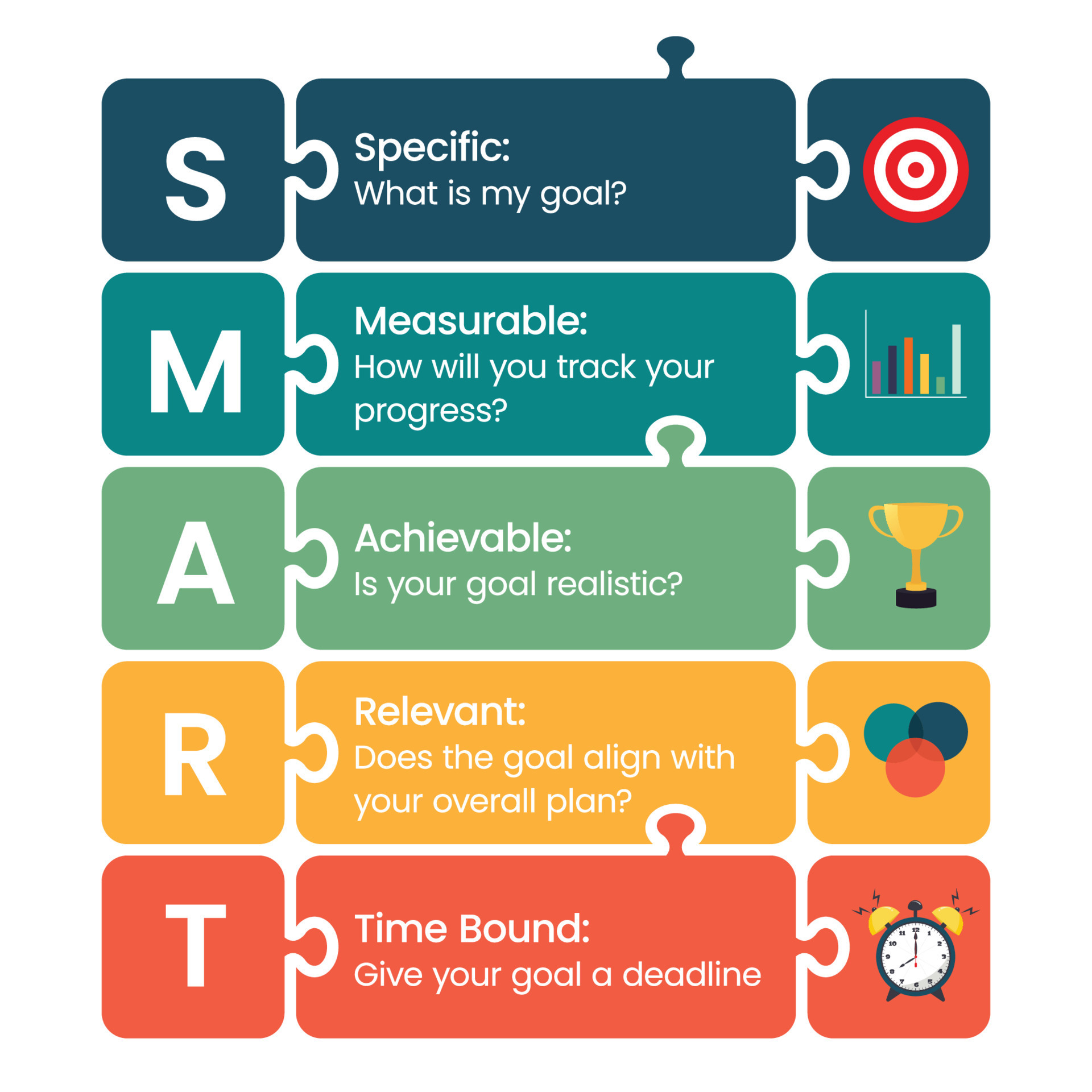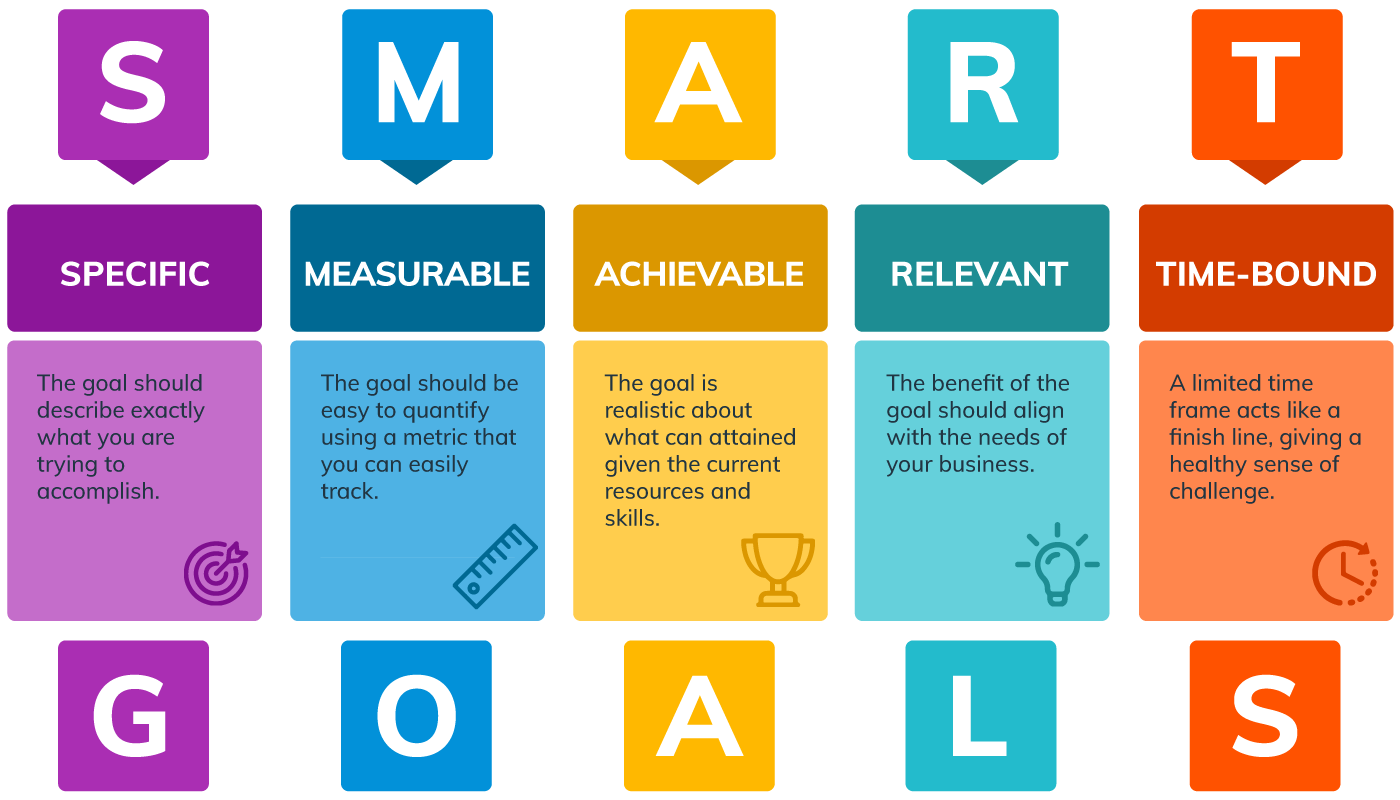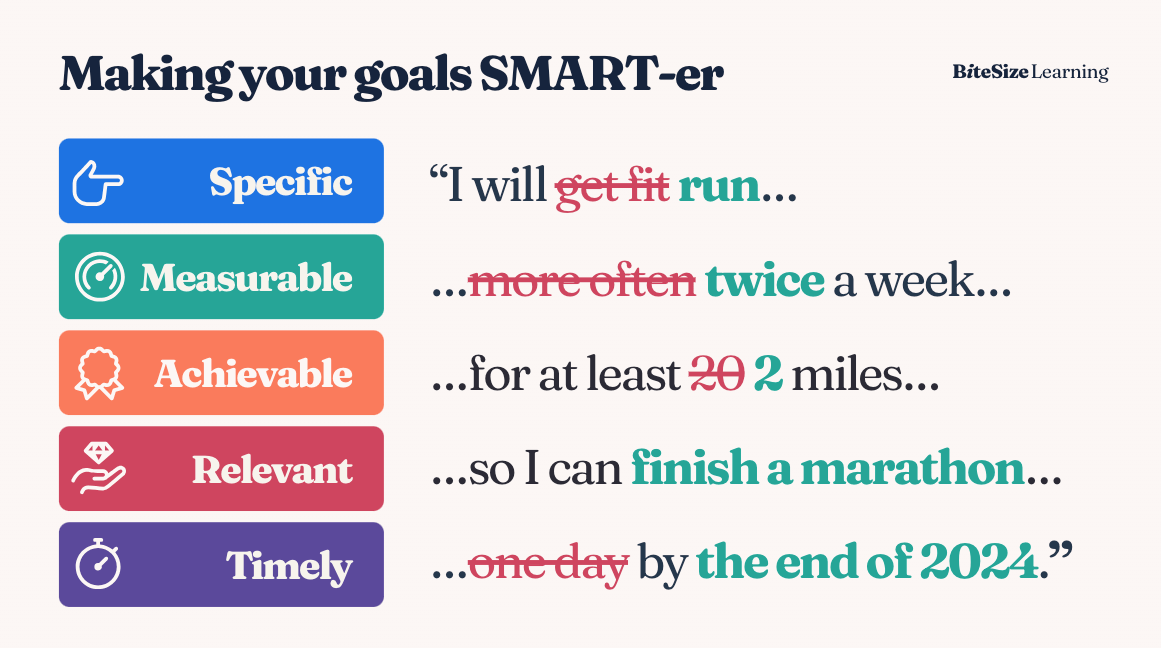Do you ever think about what it truly means to be smart? For many, the idea of becoming smarter can feel like a distant goal, perhaps something you are just born with, or maybe not. But, you know, there's a good bit of confusion around this idea of being smart, what it even means to be smart, and whether it is something you can really learn at all. The truth, as it happens, is far more encouraging. Intelligence, much like a muscle, can grow and get stronger with the right kind of attention. It’s not about some magical gift; it's about building good habits that help your brain do its best work.
Being smart, in a way, is about more than just knowing a lot of facts. While being knowledgeable means you have a great deal of information about one or more topics, being smart means you can really understand problems and come up with ways to solve them. This distinction is pretty important, as a matter of fact. You might know a ton about cloud computing services, like infrastructure as a service (IaaS) or platform as a service (PaaS), and how they supply computing services over the internet, including servers and storage, but that knowledge alone doesn't make you smart. It's how you use that information to figure things out, to see connections, and to find solutions that truly counts.
So, if you are looking to truly become smarter, it’s good to know that it is something you can work on, little by little. It won't happen overnight, but a little effort, applied consistently, can really go a long way. The key, you see, is how you feed your brain, both with information and with habits that support its growth. This article will show you practical ways to groom your intelligence and nourish your mind, helping you to become more intelligent every single day, which is rather exciting, don't you think?
Table of Contents
What Does It Mean to Be Smart, Really?
The Power of Daily Habits for a Sharper Mind
Read, Read, Read: Fueling Your Intellect
Challenge Your Brain: Step Outside Your Comfort Zone
Move Your Body, Boost Your Brain
Nourishing Your Brain: Beyond the Books
The Role of Food and Drink
Rest and Recovery: Giving Your Brain a Break
Practical Techniques for Smarter Living
Focus and Attention
Memory Building
Critical Thinking and Problem Solving
Frequently Asked Questions About Becoming Smarter
Your Path to a More Intelligent Life
What Does It Mean to Be Smart, Really?
The idea of being smart has, for a long time, caused a lot of discussion. Is it about knowing everything? Or is it something else entirely? As a matter of fact, many people mix up being smart with being knowledgeable. Being knowledgeable, you know, means you have a large collection of facts and details about various subjects. You might know, for example, that cloud computing services include things like servers, storage, databases, and analytics, which are delivered over the internet. That's good knowledge to have, obviously.
However, being smart, in a somewhat different way, is about how you use that knowledge. It means you can look at problems and think of creative ways to solve them. It involves taking what you know and applying it in new situations, seeing patterns, and making connections that others might miss. It is about adaptability and the ability to learn from experiences, then using those lessons to approach new challenges. So, being both smart and knowledgeable is, well, pretty ideal, but they are not exactly the same thing, are they?
To become smart, it is rather clear, you need to cultivate a certain way of thinking, not just a collection of facts. It involves developing skills that help you process information better, make better decisions, and come up with fresh ideas. This journey, you see, is a work in progress, something you build upon day after day. It’s not about some sudden change; it's more about consistent, small efforts that add up over time, which is actually quite reassuring.
The Power of Daily Habits for a Sharper Mind
Becoming smarter, it turns out, does not require a huge time commitment or some grand gesture. It starts with small things you can do every single day. These little habits, when done consistently, can groom your intelligence and nourish your mind, helping you to truly boost your brain to the next level. It's pretty amazing how much a few consistent actions can achieve, isn't it?
Read, Read, Read: Fueling Your Intellect
One of the most straightforward ways to cultivate your intellect is to read regularly. This isn't just about reading textbooks or serious articles, though those are good too. It is about exposing your mind to new ideas, different perspectives, and varied information. Whether it is a book on history, a science magazine, or even a well-written novel, reading helps expand your vocabulary, improve your comprehension, and introduce you to new concepts. For instance, reading about the latest cloud computing statistics, facts, and trends for 2025, or how cloud services continue to impact how we engage personally and professionally, can broaden your understanding of the modern world. This habit, you know, is a simple yet very effective way to feed your brain.
Reading also helps you process information more deeply. When you read, you are actively engaging your brain, making connections, and building new neural pathways. It is not a passive activity, not really. So, making time for reading every day, even if it is just for a few minutes, can make a significant difference in your cognitive functioning. It is a bit like exercising a muscle; the more you use it, the stronger it gets, which is pretty cool.
Challenge Your Brain: Step Outside Your Comfort Zone
The mind cannot truly grow if it is always doing the same old things. To become more intelligent, you have to challenge yourself to learn new things. This means stepping outside of what you already know and trying something unfamiliar. Maybe you pick up a new skill, like learning a musical instrument or a different language. Or perhaps you try to understand a complex topic that you previously found difficult, like how hybrid cloud adoption works, or juicy data on cloud waste reports. This kind of challenge, you see, forces your brain to work in new ways.
When you challenge yourself, your brain creates new connections and pathways. It is like building new roads in your mind, allowing information to travel more efficiently. This process is often called neuroplasticity, and it means your brain can change and adapt throughout your life. So, don't be afraid to tackle something that seems a bit hard at first. The effort itself is a major part of getting smarter, really.
Move Your Body, Boost Your Brain
It might seem strange, but your physical health plays a huge role in how smart you can be. The mind cannot grow if the body is weak, as a matter of fact. Regular physical activity, even just a brisk walk, increases blood flow to your brain, bringing with it oxygen and nutrients that your brain needs to function well. Exercise can also help reduce stress and improve your mood, which in turn helps you think more clearly and focus better. So, getting your body moving is, well, pretty important.
Research is still being developed on all the ways exercise helps the brain, but the benefits are pretty clear. It can improve memory retention, enhance critical thinking, and even spark creativity. So, if you are trying to make yourself smarter, making sure you are physically active is a simple, yet very effective, step. It is not just about looking good; it is about feeling good and thinking better, too, it's almost a given.
Nourishing Your Brain: Beyond the Books
Getting smarter is not just about what you read or what new skills you pick up. It is also very much about how you take care of your body, which directly impacts your brain's ability to function at its best. Just like success, becoming smarter doesn't just happen; it requires consistent care and attention to your overall well-being. This is where things like what you eat and how much rest you get come into play, rather significantly.
The Role of Food and Drink
What you put into your body has a direct impact on your brain. Certain foods can really help boost your brainpower, while others can hinder it. Think of your brain as a high-performance engine; it needs the right kind of fuel to run smoothly. A diet rich in fruits, vegetables, whole grains, and healthy fats (like those found in fish or nuts) provides the nutrients your brain needs for optimal cognitive functioning. For instance, antioxidants in berries can protect brain cells, and omega-3 fatty acids are essential for brain structure. Avoiding highly processed foods and excessive sugar can also make a big difference, you know.
Staying hydrated is also very important. Even mild dehydration can affect your concentration, memory, and mood. So, drinking enough water throughout the day is a simple yet very effective way to keep your brain functioning well. It is a fundamental part of feeding your brain what it needs to thrive, which is pretty straightforward, isn't it?
Rest and Recovery: Giving Your Brain a Break
Many people think that to get smarter, they need to be constantly working or learning. But, actually, strategic recovery is just as important as the learning itself. Your brain needs time to rest and process all the new information it has taken in. Sleep, in particular, is a vital time for memory consolidation and for your brain to clean out waste products. Without enough quality sleep, your ability to focus, solve problems, and even remember things can be severely impaired. So, getting good sleep is, well, pretty non-negotiable for brain health.
Taking breaks throughout the day is also very helpful. Even short periods of relaxation or a change of scenery can refresh your mind and improve your focus when you return to a task. It is like hitting a reset button for your brain. This kind of recovery is not laziness; it is a necessary part of training your brain to be its best, which is something many people forget, apparently.
Practical Techniques for Smarter Living
Beyond habits and general well-being, there are specific techniques you can use to enhance critical thinking, creativity, and memory retention. These are the practical ways to really train your brain through focus, challenge, and strategic recovery. Learning how to be smart involves putting these techniques into regular practice. It is not about some secret trick; it is about consistent application, you know.
Focus and Attention
In our busy world, maintaining focus can be a real challenge. Yet, the ability to concentrate deeply on one task is fundamental to learning and problem-solving. One way to improve focus is through mindfulness exercises, which help train your attention span. Another technique is to break down larger tasks into smaller, more manageable steps, so your brain doesn't feel overwhelmed. This can help you stay on track and avoid distractions. For instance, if you are trying to understand the intricacies of cloud computing trends, breaking it down into smaller topics like IaaS, PaaS, and SaaS, then focusing on one at a time, can be very effective. This kind of focused attention, you see, is a cornerstone of getting smarter.
Minimizing distractions in your environment is also very helpful. Turn off notifications, find a quiet space, and commit to working on one thing at a time. This deliberate practice of focus will, over time, strengthen your ability to concentrate, which is a rather powerful skill to have. It is about training your brain to stay on task, which is a bit like teaching it a new trick.
Memory Building
A good memory is a key part of being intelligent. While some people seem to have naturally good memories, it is also a skill you can improve. Techniques like spaced repetition, where you review information at increasing intervals, can help move facts from short-term to long-term memory. Creating associations, using mnemonic devices, or teaching what you have learned to someone else are also very effective ways to solidify information in your mind. This active engagement with what you are trying to remember makes a big difference, honestly.
Another approach is to connect new information to what you already know. Our brains are very good at remembering things that fit into existing frameworks. So, if you are learning about new cloud computing statistics, try to relate them to existing knowledge about how businesses use technology. This makes the new information more meaningful and easier to recall. It is about building a web of knowledge, you know, where everything connects.
Critical Thinking and Problem Solving
Being smart means you understand problems and can think of ways to solve them. Critical thinking involves analyzing information objectively, identifying biases, and evaluating arguments. To improve this, practice asking "why" and "how" questions. Don't just accept information at face value; question it, explore different angles, and consider alternative explanations. This kind of questioning, you see, helps you get to the heart of an issue. For instance, when looking at cloud waste reports, instead of just accepting the numbers, ask why waste occurs and how it could be reduced. This kind of deeper inquiry is very important.
Problem-solving skills can be honed by tackling puzzles, brain teasers, or even real-world challenges. Break down complex problems into smaller parts, brainstorm different solutions, and then evaluate the pros and cons of each. This structured approach helps you develop a systematic way of thinking that is applicable to almost any problem. It is about training your brain to be a detective, in a way, always looking for clues and connections, which is pretty cool.
Frequently Asked Questions About Becoming Smarter
Is being smart something you can learn?
Yes, absolutely! The idea that intelligence is fixed is, well, pretty outdated. Research suggests that your brain can change and adapt throughout your life, a concept known as neuroplasticity. By creating good habits, challenging yourself, and consistently engaging your mind, you can certainly become smarter. It is a work in progress, you know, and a bit of effort can go a long way.
What habits make you smarter?
Many habits can help you become smarter. Reading regularly, challenging yourself to learn new things, getting enough physical exercise, eating a brain-healthy diet, and ensuring you get quality sleep are all very important. Also, practicing focus, working on your memory, and engaging in critical thinking exercises can really boost your brainpower. It is about a combination of things, honestly.
How long does it take to become smarter?
Becoming smarter is not an overnight process; it is a gradual journey. You might notice small improvements in focus or understanding fairly quickly, but significant changes in your overall intelligence take consistent effort over time. It is like building any skill; the more you practice, the better you become. Every day, with a little effort, you can make progress, which is pretty encouraging, isn't it?
Your Path to a More Intelligent Life
Becoming smarter, as you can tell, is not about some magical transformation or a secret formula. It is about consistent, small efforts that add up over time. It starts with how you feed your brain, both with information and with habits that help it grow. Whether you are learning about cloud computing statistics, or simply trying to improve your daily problem-solving, the principles are much the same. You have the ability to groom your intelligence and nourish your mind, little by little, every single day. This path, you know, can actually benefit you in your social life and at the workplace, which is a pretty good bonus. For more ideas on improving your cognitive abilities, learn more about cognitive health on our site, and you might also find useful tips on brain training exercises to sharpen your mind. Remember, your intelligence is a work in progress, and the power to maximize it is truly in your hands, right now, in the spring of 2024.
For additional scientific insights into brain function and intelligence, you might find articles from reputable science publications quite helpful, such as those found in BBC Science Focus Magazine.



